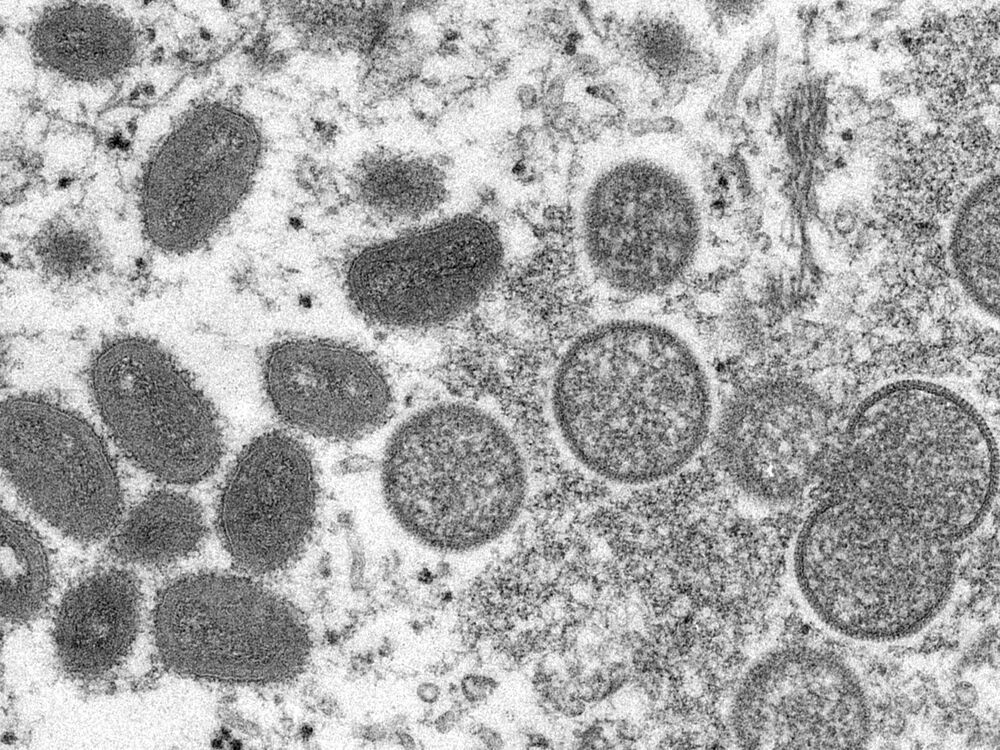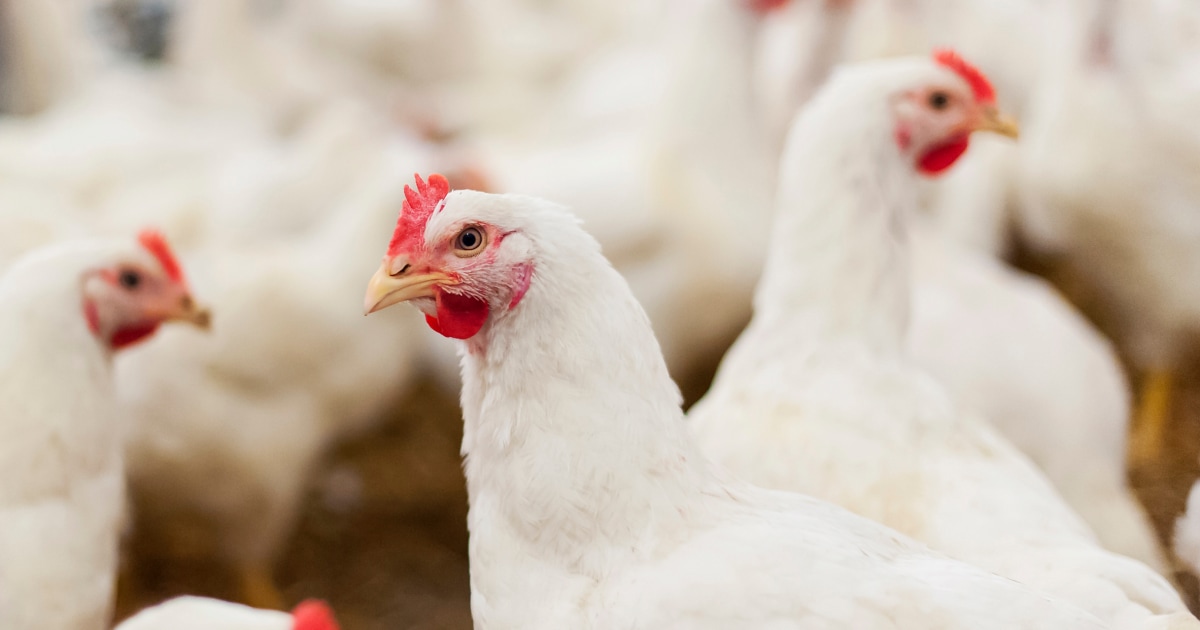Article content Health officials in Toronto issued a call this week for eligible residents to get vaccinated against mpox, following and concerns that cases are continuing to increase around the world. While there is no similar call in B.C.
at this time, mpox, formerly known as monkeypox, is still active. Mpox is a rare viral infection first discovered in 1958 among monkeys kept for research. The first human case was recorded in 1970 in a nine-month-old boy in the Congo.

Since then, mpox cases have been reported in several African countries, including Cameroon, Cote d’Ivoire, Democratic Republic of Congo, Nigeria and Sierra Leone, mostly in rural, rainforest regions. Historically, mpox is typically limited to Africa. Cases outside the continent are rare and usually linked to international travel or imported animals, usually rodents.
That’s why the new rash of recent cases in Europe and North America in 2022 triggered concern. As of July 30, 2024, the B.C.
Centre for Disease Control had recorded 225 confirmed cases within the province since it began tracking the disease. This follows an outbreak in 2022 that was officially declared over in January 2023. The majority of those were reported in the Vancouver Coastal Health area (174), while Fraser Health had just 34 cases.
Island Health reported nine cases, Interior Health reported seven, and there was just one case in the Northern Health region. In Toronto, a spike in cases was recorded in June and July of this year, following summer festivals and events. There have been a total of 93 confirmed cases as of July 31, compared to 21 the same time last year.
The Toronto downtown core had a higher concentration of cases, the city said, although cases were reported across the city. Meanwhile, there have been mpox outbreaks recorded in 13 African countries, according to the African Centres for Disease Control and Prevention. This led the country to declare a public health emergency of continental security on Tuesday.
“So far in 2024, these countries have confirmed 2,863 cases and 517 deaths, primarily in the Democratic Republic of the Congo (DRC),” a news release by Africa CDC said. On Aug. 14, the World Health Organization held a meeting of experts to decide whether the current mpox surge should be declared a global public health emergency.
The World Health Organization recommends diseases use proper nomenclature to reduce stigma associated with certain terminology. In November 2022, during the mpox outbreak recorded across the country, federal health officials made changes to how they reference and write about monkeypox, opting instead for the name “mpox.” During the 2022 outbreak, Canadian health officials first began investigating suspected cases in the Montreal area.
The first cases were reported on May 12, 2022 from clinics specializing in sexually transmitted diseases. Most of the cases were among men who had sexual relations with men, and were between 30 and 55 years old. The cases were not severe.
Montreal public health director Dr. Mylene Drouin had said that although the infections were likely acquired through sexual activity, mpox is not considered a sexually transmitted disease, “and we don’t want to stigmatize one particular community.” As of August 2024, there were no spikes in mpox cases recorded in B.
C. Mpox is transmitted when a person comes into contact with the virus from an animal, human or contaminated objects. It can enter the body through broken skin or mucous membranes (eyes, nose and mouth).
The virus doesn’t spread easily between people. Human-to-human transmission occurs primarily through large respiratory droplets, and through close and prolonged contact, said experts. Health officials said there is no risk in contracting the virus through activities like eating at restaurants or taking public transit.
Symptoms are similar to smallpox, but milder. It usually begins with flu-like symptoms — fever, headache, muscle ache, fatigue — followed by a bumpy rash, or pox, which starts on the chest and spreads to the hands and feet. Mpox infection is also characterized by swollen lymph nodes.
The Public Health Agency of Canada says incubation is approximately seven to 17 days. Cases are usually mild and most people recover within two weeks to a month. But it can be deadly.
The fatality rate is between one and 10 per cent, depending on the strain of the virus. The Congo Basin strain has a fatality rate of 10 per cent, while the West African strain is milder with a one-per-cent death rate. In the U.
K., infections have been identified to be caused by the West African strain. It is not clear what strain patients in Quebec contracted during the 2022 outbreak.
The U.S. Centers for Disease Control says there’s no proven treatment for the disease.
Treatment is usually to ease symptoms. There is no cure or specific vaccine against mpox, but data shows the smallpox vaccine is about 85-per-cent effective against mpox. The first case of mpox in B.
C. was . The B.
C. Centre for Disease Control said the case was detected in a Vancouver Coastal Health resident and was confirmed by lab testing in the province. The case was forwarded to the National Microbiology Laboratory for further confirmation.
Health Minister Adrian Dix said at the time that while secondary confirmation was being sought, there’s confidence it was a case of mpox. “There will be more information about the details involved in this, but suffice it to say the risk to the overall public is low,” Dix said on June 6, 2022. “But we want to make sure that everyone is aware and knows about this issue, and is aware of all of the steps being taken to support this individual, this individual’s close contacts, and the community.
” Yes, there is a vaccine for mpox. The vaccine is called IMVAMUNE and it is given in a series of two doses at least 28 days apart. Ideally, it should be given before an individual comes into contact with an infection, however, if it is given within four days following an exposure, it can still provide some protection.
The use of the vaccine was successful in helping to control the 2022 outbreak in B.C. For more information about eligibility for the vaccine, visit the .
.



















